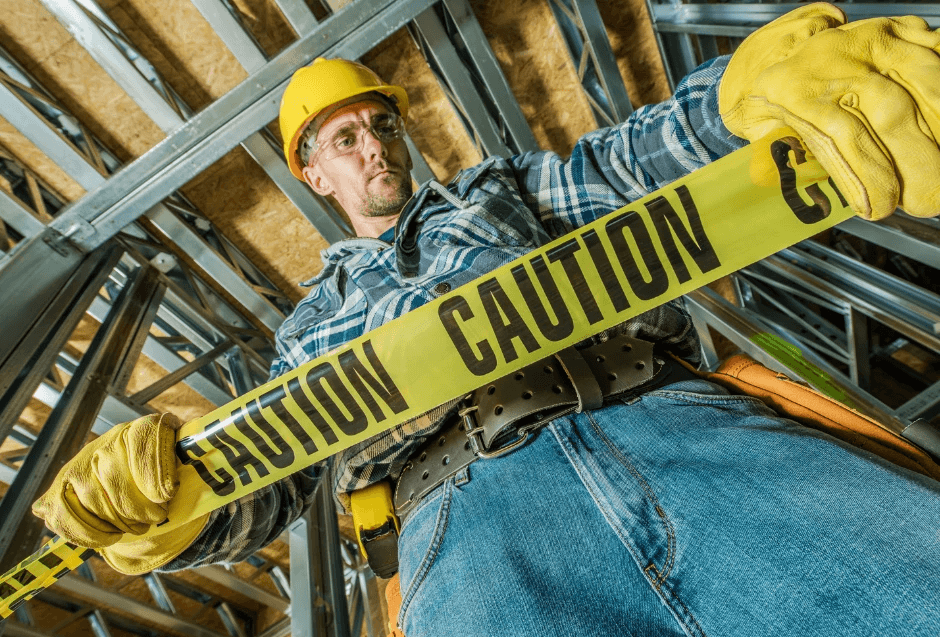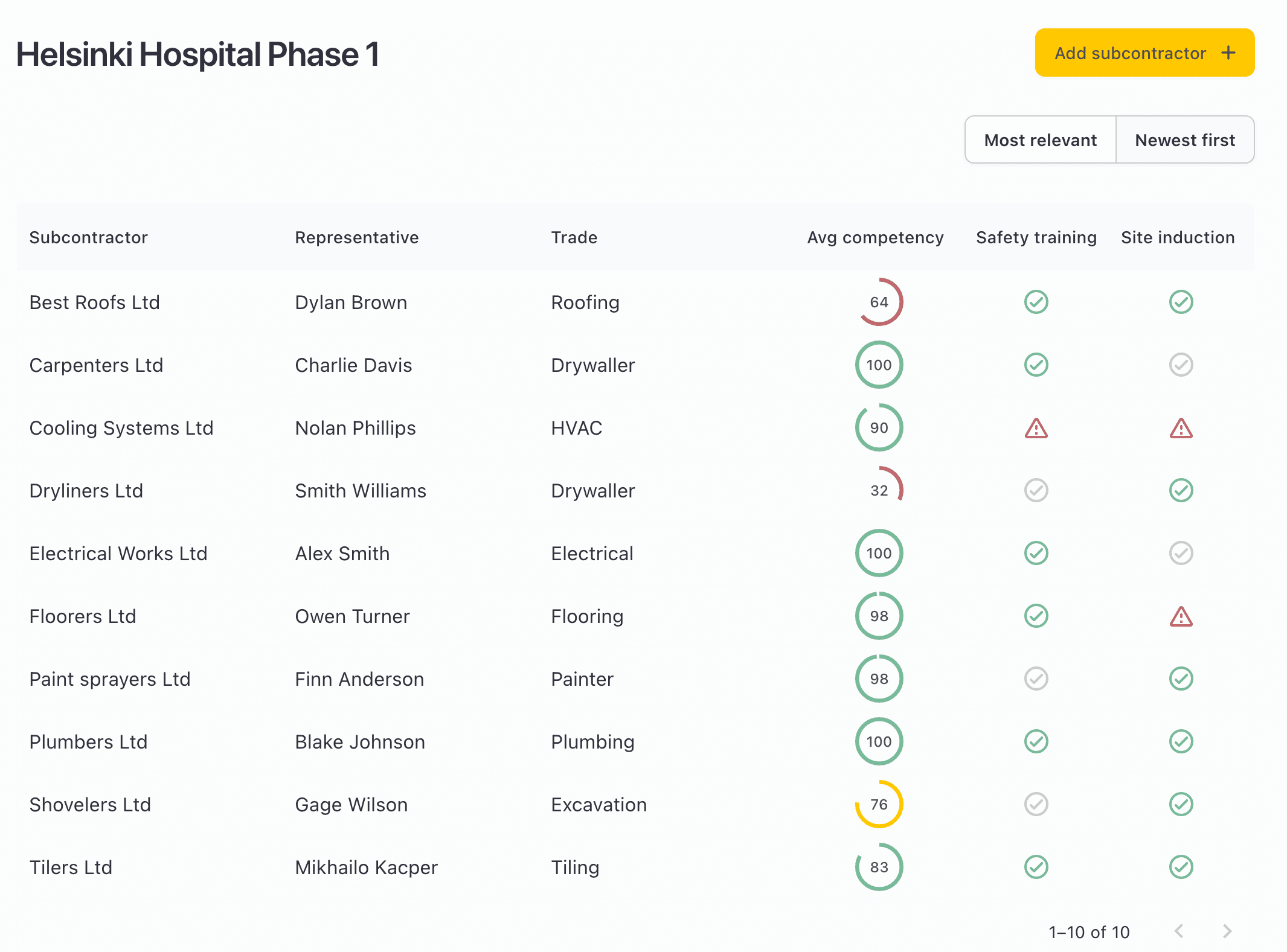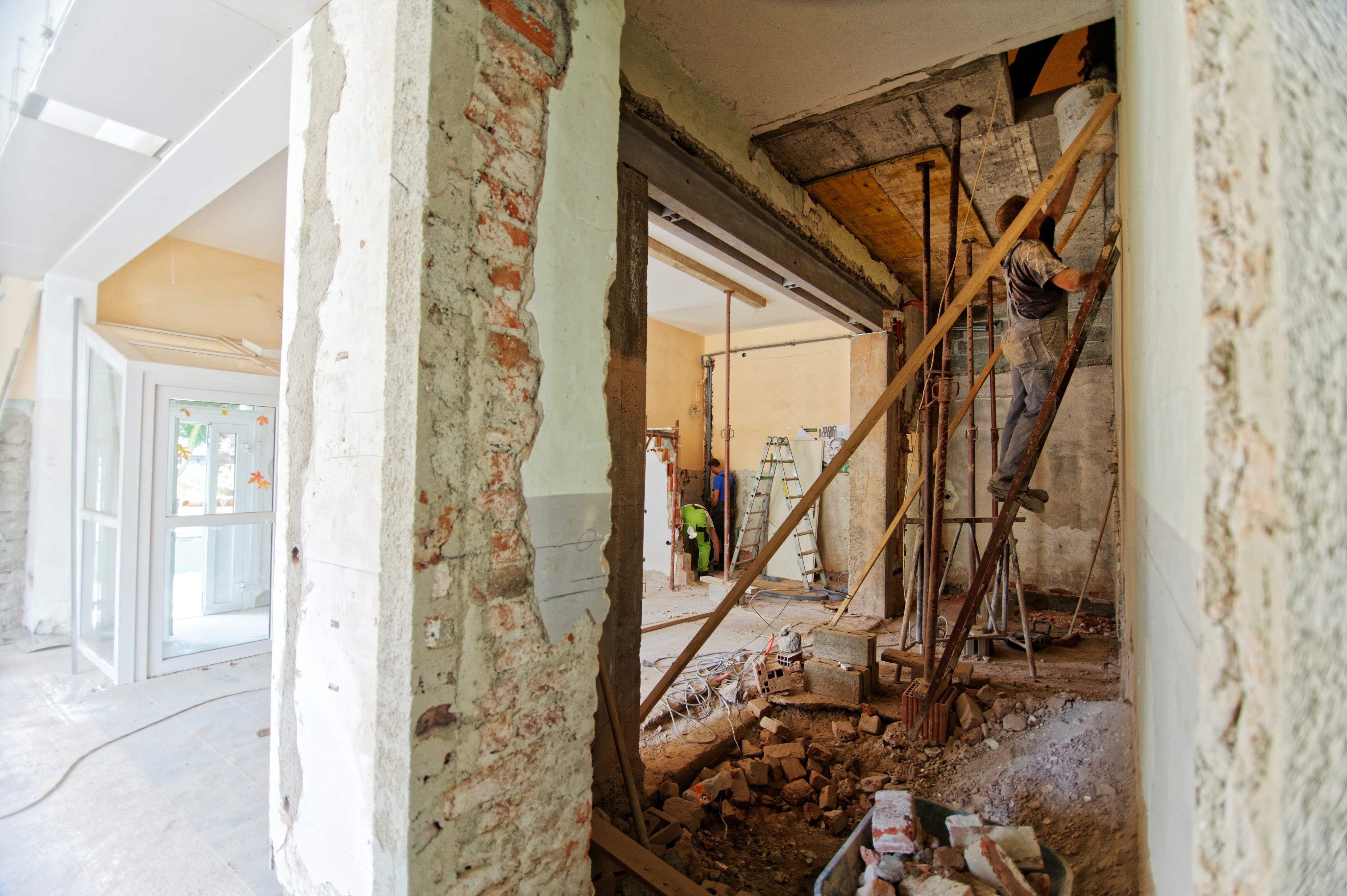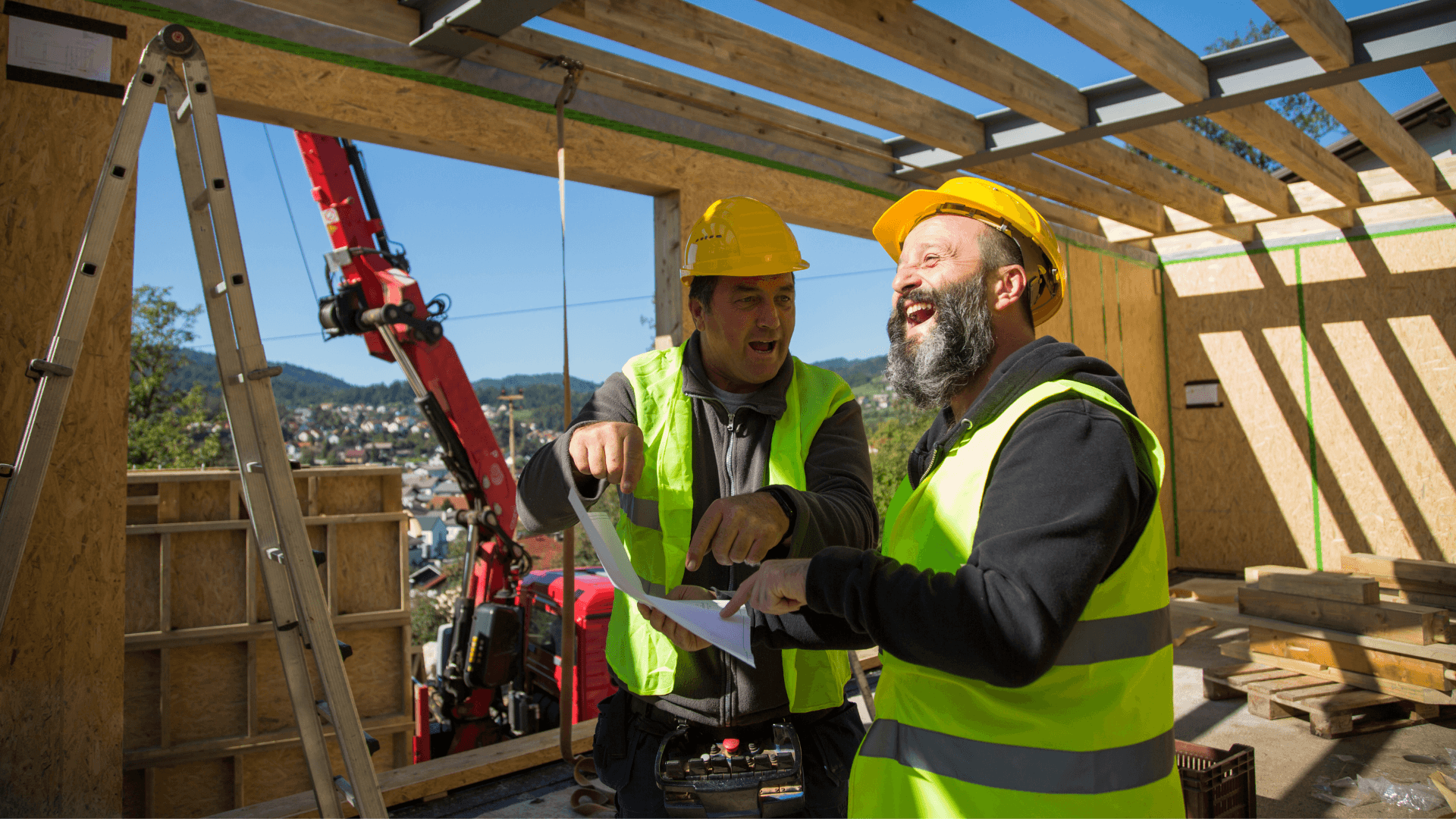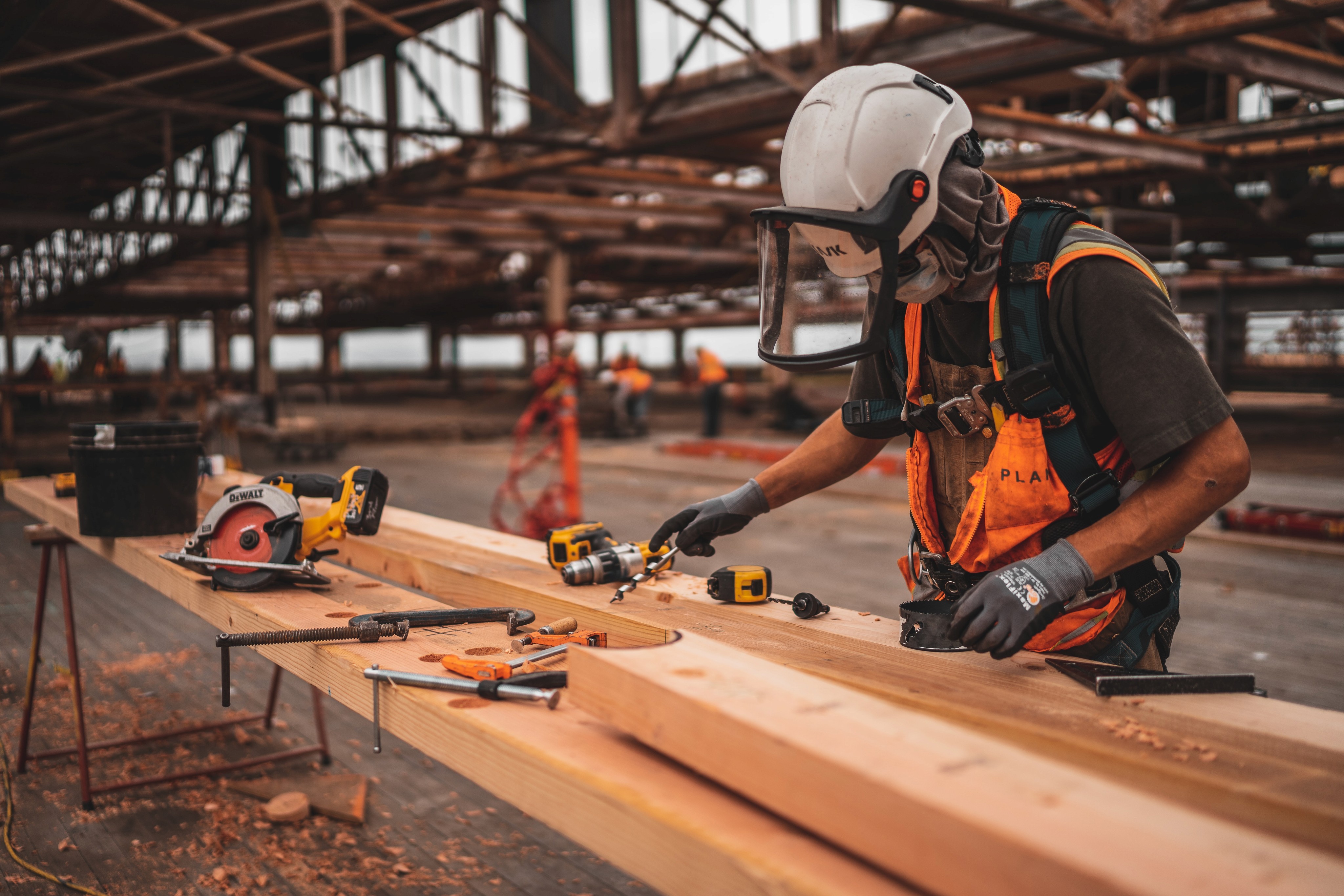Concerns for sustainability, ethics, and social responsibility are gaining momentum in the construction industry and the focus on safety has emerged as a priority. This article delves into how Environmental, Social, and Governance (ESG) principles are reshaping the construction sector's approach to safety. Specifically tailored for high-level stakeholders, such as Heads of Safety and board members, we explore the profound influence of ESG on safety practices and the implications it holds.
Understanding ESG and Its Connection to Safety:
Environmental, Social, and Governance (ESG) principles have become a cornerstone for modern businesses an no less in construction industry where the environmental and social impacts are especially high. In construction, safety is inherently linked to all three pillars of ESG:
Environmental: Construction projects have a direct impact on the environment. Implementing safety measures that prevent accidents, reduce waste, and minimize environmental risks contributes to a company's ESG score.
Social: Safe working conditions, community engagement, and stakeholder trust are key social aspects. Prioritizing safety not only protects workers but also demonstrates a commitment to the well-being of employees and the communities affected by construction activities.
Governance: Safety protocols reflect a company's governance structure. Clear safety policies and transparent reporting signal robust corporate governance, a vital component of ESG evaluations.
The Board's Role in Driving ESG-Focused Safety:
Board members play a pivotal role in shaping a company's ESG strategy. The emphasis on safety within ESG principles directly influences their responsibilities in:
Risk Mitigation: Boards must recognize that safety incidents can lead to legal, financial, and reputational risks. By championing comprehensive safety measures, they safeguard the company's interests.
Long-Term Sustainability: ESG-oriented boards understand that prioritizing safety enhances the company's reputation over time. This aligns with the long-term focus of ESG principles.
Stakeholder Confidence: Demonstrating a commitment to safety through ESG-driven actions enhances stakeholder trust. Board-level decisions impact the workforce, investors, and communities, making safety a critical factor.
As construction projects impact not only the environment but also the safety of workers and the communities they operate in, a dedicated safety management platform for the construction industry emerges as a transformative tool. Such a platform not only minimizes accidents on sites but also aligns with ESG principles, enhancing a company's reputation for responsible practices. Werk safety management platform provides innovative technology that predicts workforce competency in specific trade based safety knowledge (e.g working with fire or heights) which can actively predict safety incidents and identify weaknesses in workforce safety training. This ensures that construction companies can tangibly showcase their dedication to ESG principles and become more attractive prospects for socially-conscious investors.

Impacting Safety Leaders:
Heads of Safety are at the forefront of implementing ESG-driven safety practices. For metrics and reporting, ESG demands quantifiable data. Safety leaders are today tracking KPIs that measure the number of accidents, near-miss incidents, employee well-being etc. However, what has been lacking so far on the market is the ability to actively reduce incidents. This is what Werk with its trade specific AI-driven safety assessments brings to the table - predict workers’ safety knowledge in different scenarios like working with heights or fire on the construction site.
Safety is no longer just a legal requirement in the construction sector; it's a strategic imperative guided by ESG principles. As companies align their operations with ESG goals, safety becomes a tangible demonstration of commitment to sustainable practices, social responsibility, and effective governance. For Heads of Safety and board members, understanding this synergy empowers them to lead with purpose, shaping a safer, more resilient construction industry for the future.
